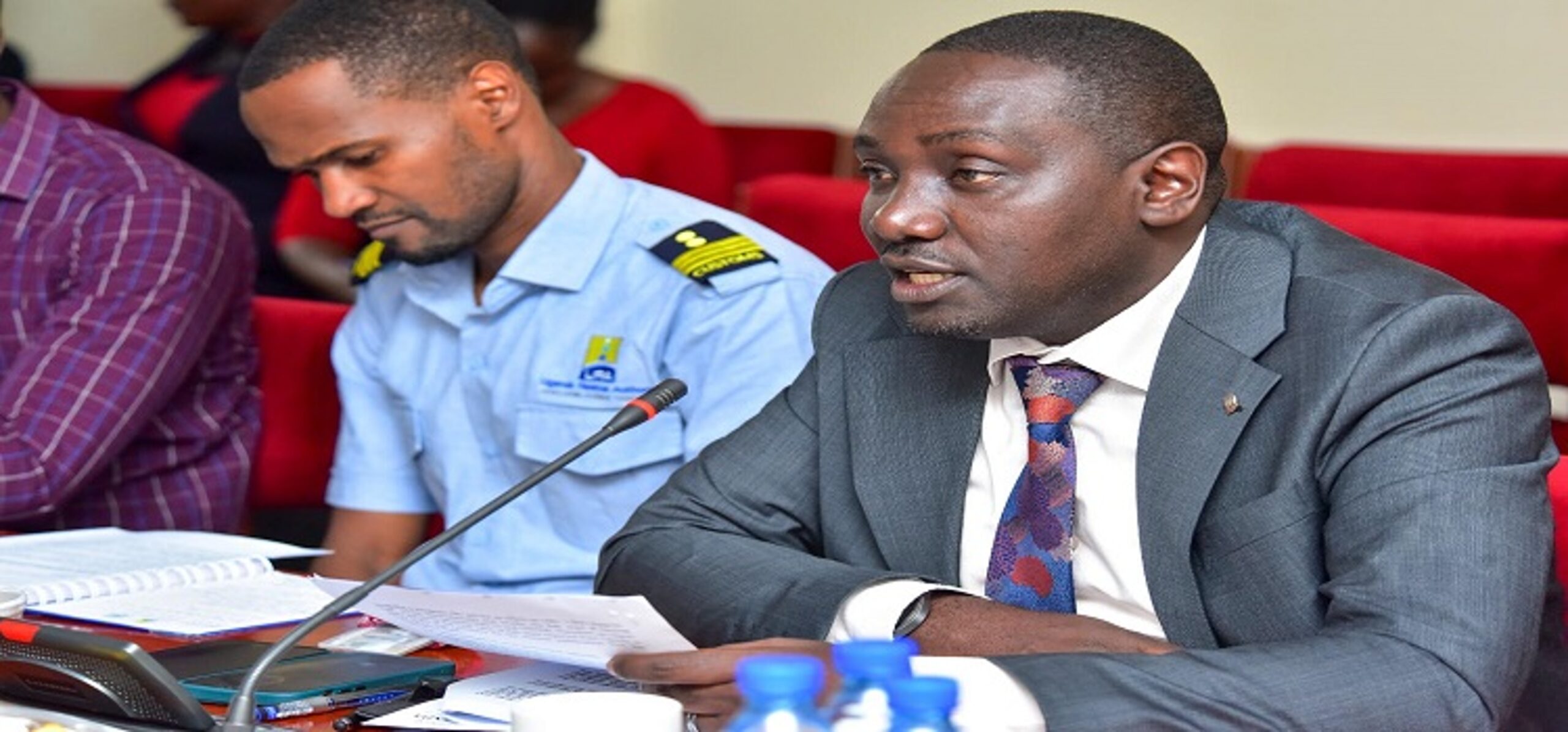Business
URA reports record revenue from Fish Maw exports under new tax regime
The Uganda Revenue Authority (URA) has reported a substantial increase in tax revenue from fish maw exports following the implementation of an eight percent export levy under the Fish (Amendment) Act 2021.
Officials from the URA informed the Committee on Agriculture, Animal Industry, and Fisheries that the government is now generating annual revenue of Shs 9.136 billion, a significant rise from the Shs 521 million earned in the financial year 2022/2023.
Abel Kagumire, Commissioner of Customs at URA, stated, “This is attributed to an eight percent export tax on the total value of fish maw exported out of Uganda.”
Kagumire, representing the URA Commissioner General, addressed concerns raised by the Fish Maw and Traders Association in their petition to Parliament during a meeting held on Thursday, November 30, 2023.
The Association had petitioned the Speaker in October 2023, citing numerous taxes and alleged high-handedness by law enforcers during tax collection.
Kagumire justified the eight percent tax, asserting its justifiability and necessity due to the profitability of the fish maw trade. He referenced a 2021 Economic Policy and Research Centre study, stating that a kilogram of Nile Perch fish maw could fetch as much as US$1000, approximately Shs3.7 million, internationally and locally.
However, Kagumire raised concerns about the decline in export volumes, attributing it to the deterrent effect of the export levy. This prompted MPs to call for a review of the overall economic impact on the fish maw trade, despite the increase in revenue.
Hon. Robert Migadde (NRM, Buvuma Islands County) criticized URA’s basis for the eight percent export levy, suggesting that it might be encouraging smuggling of Ugandan fish maw into neighboring countries with more favorable tax regimes.
Migadde emphasized the need to consider local realities instead of relying solely on international market standards. He argued that basing the levy on international rates might inadvertently encourage smuggling.
Kagumire defended the URA’s approach, highlighting the lack of organization in Uganda’s fishing industry compared to other industries with unions and associations.
In response to the request for exemption from the six percent withholding tax by fish maw traders, Kagumire stated that tax compliance is a prerequisite, a rarity in the fish maw business. He cited Section 119 of the Income Tax Act, 2023, which allows tax-compliant taxpayers to apply for exemption or seek a refund.
He also mentioned URA’s ongoing efforts to address cases of fish maw smuggling. MPs, however, expressed the need to review the implementation of various tax regimes and their impact on the fishing industry, emphasizing the unique nature of fish within the agricultural taxation framework.
Hon. Julius Tusiime (Ind. Rwampara East County) pointed out the need for Parliament to address these policy matters, highlighting the distinction between fishing and the treatment of fish compared to other agricultural products.
Charles Tebandeke, the Bbale County representative, urged URA to investigate the booming fish maw trade in other East African Community states, suggesting that favorable tax regimes might contribute to high export volumes in Kenya and Tanzania. He recommended research to understand the factors behind the success of the fish maw trade in these countries.





































